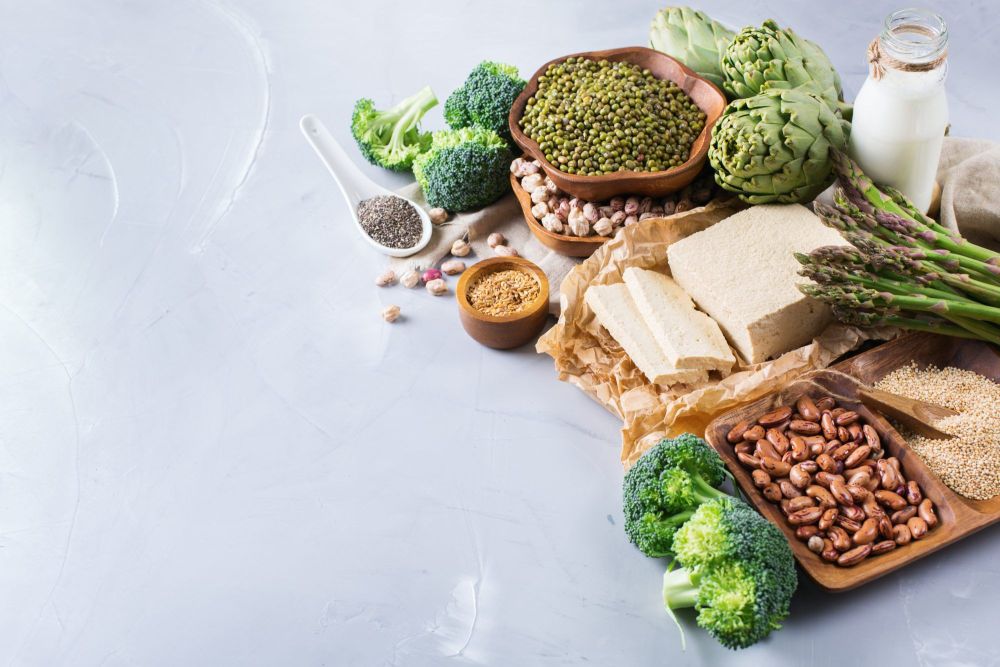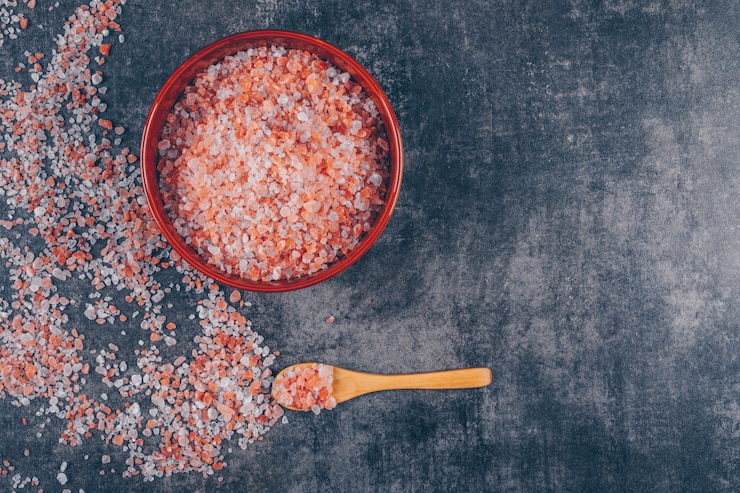Proteins are an essential component of the diet that we consume on a daily basis. They supply our muscles, cells, and other essential tissues with the growth factors that are necessary to maintain their health and ensure that they continue to function normally.
A sizable percentage of the population chooses to adhere to a vegetarian diet. This is an overall healthy diet, although it lacks several essential nutrients including vitamin B12 and protein. Although clinical evidence suggests that vegetarians have a lower risk of acquiring heart disease and related consequences, vegetarians are frequently seen in clinical practice with deficient levels of vitamin B12.
This article will provide a brief overview of 5 vegetarian options that are high in protein.
Need for Protein Diet
Amino acids serve as the primary structural components of proteins. In every stage of life, amino acids play a crucial role in promoting healthy cell growth. Proteins are the building blocks of not just our internal organs but also our skin, hair, and a plethora of other body parts. Decreased protein intake may lead to a loss of muscular mass and strength. A high protein diet has been shown to hasten the recovery of patients from medical conditions.
It is important to keep in mind that the amount of vegan protein powder that your body needs will differ depending on factors such as your age, gender, degree of physical activity, and even if you are breastfeeding or pregnant. Let’s take a look at some of the meals that are available to vegetarians that are high in protein.
Protein Rich Food For Vegetarians
1. Lentils
Lentils are a fantastic source of protein for vegetarians, with roughly 18 g of protein in just one cup. Lentils are an excellent source of protein, but they also provide a high amount of fiber, which can support the growth of beneficial bacteria in the digestive tract. In addition to lowering your risk of developing heart disease and cancer, eating lentils on a regular basis has been linked to a number of other health benefits. However, some people who eat lentils frequently may have bloating and gas. Lentils are not alone in causing this, but a high-protein diet typically does.
2. Legumes
Beans, or legumes, are well recognised as a rich source of protein powder and include such staples as kidney beans, black beans, chickpeas, and similar beans. Each serving of chickpeas provides about 15 grams of protein and a wide variety of other nutrients that can help you stay healthy, powerful, and in good shape. Consuming beans on a regular basis has also been shown to help maintain healthy cholesterol levels in clinical tests.
3. Nuts
Basically, nuts are a form of superfood. Nuts are a fantastic addition to the cavalry of a healthy vegetarian protein diet. Nuts, such as almonds and cashew nuts, are a fantastic source of protein and are always featured on the list of foods that are high in protein content among vegetables.
Consuming approximately 20 to 25 whole almonds on a daily basis can provide you with approximately 6 grams of protein on average. However, this can be quite a lot to consume in one sitting, and even eating a handful of mixed nuts every day will provide the necessary boost of protein for your body. Not only that, but nuts also have a respectable amount of dietary fiber and vitamin E in their composition.
Make sure that nuts are a regular component of your diet because they are great for your heart and are a great source of protein for vegetarians and other people who don’t eat meat. On the other hand, watch how much salt you consume and stay away from nuts that have been salted.
4. Quinoa
Quinoa is gaining traction in India as a foodstuff due to its several health benefits, including its low fat and high protein content. Quinoa is a wonderful food for diabetics since its low glycemic index and high protein content, and one cup of it can give approximately 9 grams of protein. They include a lot of dietary fiber, which is beneficial since it helps keep the levels of sugar in the blood under control. The glycemic index (GI) of the carbohydrates is 53. Quinoa is an appropriate item that can be included in a meal plan for diabetics because it has a GI of 55 or lower, which is considered to be low on the glycemic index scale. In addition to these, quinoa includes a significant quantity of complex carbohydrates as well as a wide variety of minerals. Quinoa should absolutely be on the list of vegetables that contain protein.
5. Soy Products
Soybeans, a type of legume (related to peas), have been a mainstay of Asian diets for thousands of years. Vegetarians and vegans in particular enjoy soy and soy-based cuisine. This is because they can be turned into dairy and meat alternatives, and because they contain high-quality (“complete”) protein. Phytoestrogens, which can be found in soybeans, are hormone-like compounds thought to have favorable health effects by mimicking the action of the hormone estrogen. Soy-based diets have been linked to lowered risks of cardiovascular disease, strokes, coronary artery disease, some malignancies, and improved bone health.
Numerous culinary applications can be found with soybeans. Unfermented foods manufactured from soybeans can be distinguished from fermented foods by their lack of lactic acid bacteria. Tofu, soymilk, edamame, soy nuts, and sprouts are examples of foods that have not undergone fermentation. On the other hand, fermented soy products include miso, tempeh, natto, and soy sauce. Tofu and tempeh, both of which are produced with a calcium coagulant, as well as calcium-fortified soy beverages, are examples of soy products that can be used as sources of calcium and iron.
The Bottomline
Vegetarians and vegans rarely suffer from protein deficits, especially if they eat a balanced, well-balanced diet. However, there are a select few who, for various reasons, may be looking to up their plant based protein consumption. Use this list as a starting point if you’re looking to increase your intake of plant-based proteins.




